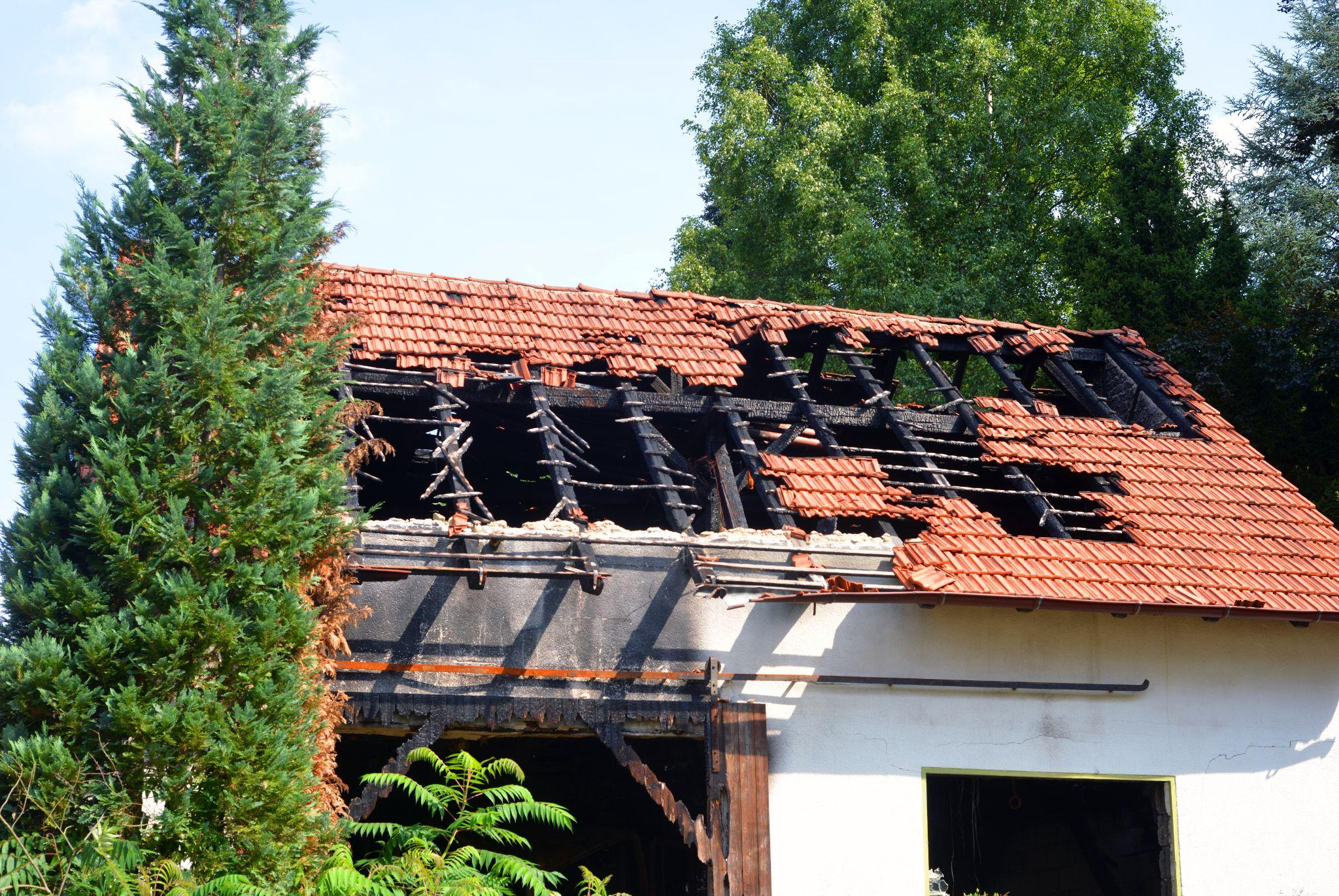Property damage can turn a normal day into a stressful one within minutes. A leaking roof, broken pipe, storm winds, or faulty appliance can leave a home messy, wet, and confusing. Many Orlando homeowners start cleaning right away because the situation feels urgent. But fast cleanup often leads to slow claims later. Insurance companies rely heavily on evidence, clear timelines, and paperwork. If any part is missing, the claim slows down without warning.
Understanding these mistakes helps you stay prepared. Even people who later decide to speak with a property damage lawyer in Orlando still need the early steps to be solid and organized.
Not Taking Photos Before Cleaning
One of the biggest mistakes is cleaning too soon. Water gets soaked up. Debris gets moved. Damaged items get thrown away. All of this removes the evidence the insurance company needs to understand what happened.
Before touching anything, take clear photos of:
These photos freeze the scene and help prove the extent of the damage.
Not Saving Damaged Items
Many people toss ruined items because they smell, look bad, or take up space. But these items are often useful proof. Insurance companies may want to inspect or verify them.
Try to save:
Saving even a few items helps support the claim.
Delaying the Report to the Insurance Company
Some homeowners wait to report the damage because they want to “figure it out” first. But delays can make the insurance company question the cause or the timing. Reporting the damage early keeps the process clean and reduces confusion.
Missing Important Documents
Insurance companies often ask for several documents. If a document is missing or late, the claim slows down.
Commonly forgotten paperwork includes:
Keeping every piece of paper helps avoid unnecessary delays.
Not Understanding Policy Details
Many homeowners assume their policy covers all types of damage. But some policies limit coverage for certain situations like flooding, slow leaks, or mold. Not understanding the policy can lead to mistakes while explaining the damage.
Not Following Through With Repairs or Inspections
Insurance companies may ask for more inspections, additional photos, or follow-up checks. Missing these requests slows the review.
To keep the claim moving:
Every small step adds to the clarity of the case.
Giving Too Much or Too Little Information
Some homeowners try to explain everything in detail. Others say too little. Both can confuse the insurance company.
Stay focused on:
Clear and simple information helps avoid misunderstandings.
Not Tracking Communication
Phone calls, emails, forms, and requests can get lost in a busy schedule. Without records, it becomes hard to show what the insurance company asked for and when you responded.
Keep a simple log of:
This helps solve disputes faster.
Ignoring Early Signs of Bigger Damage
Some homeowners think a small leak, damp smell, or soft wall is not serious. But these early signs often lead to bigger problems like mold or structural damage. Insurance companies may question why repairs were delayed, which can slow the claim.
A Better Way Forward
Property damage claims in Orlando often slow down because of small, avoidable mistakes. Cleaning too soon, losing paperwork, delaying reports, or missing inspections all affect the process. Staying organized, keeping evidence, and responding quickly helps keep the claim steady and fair. And if the process becomes too confusing, guidance is always available to help you understand your rights and next steps.





























